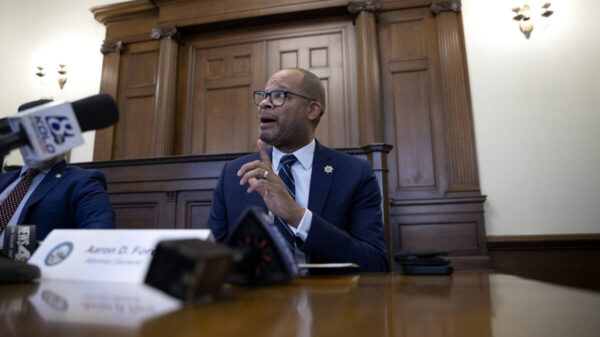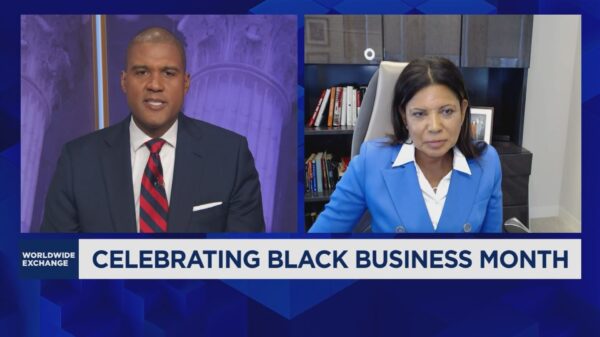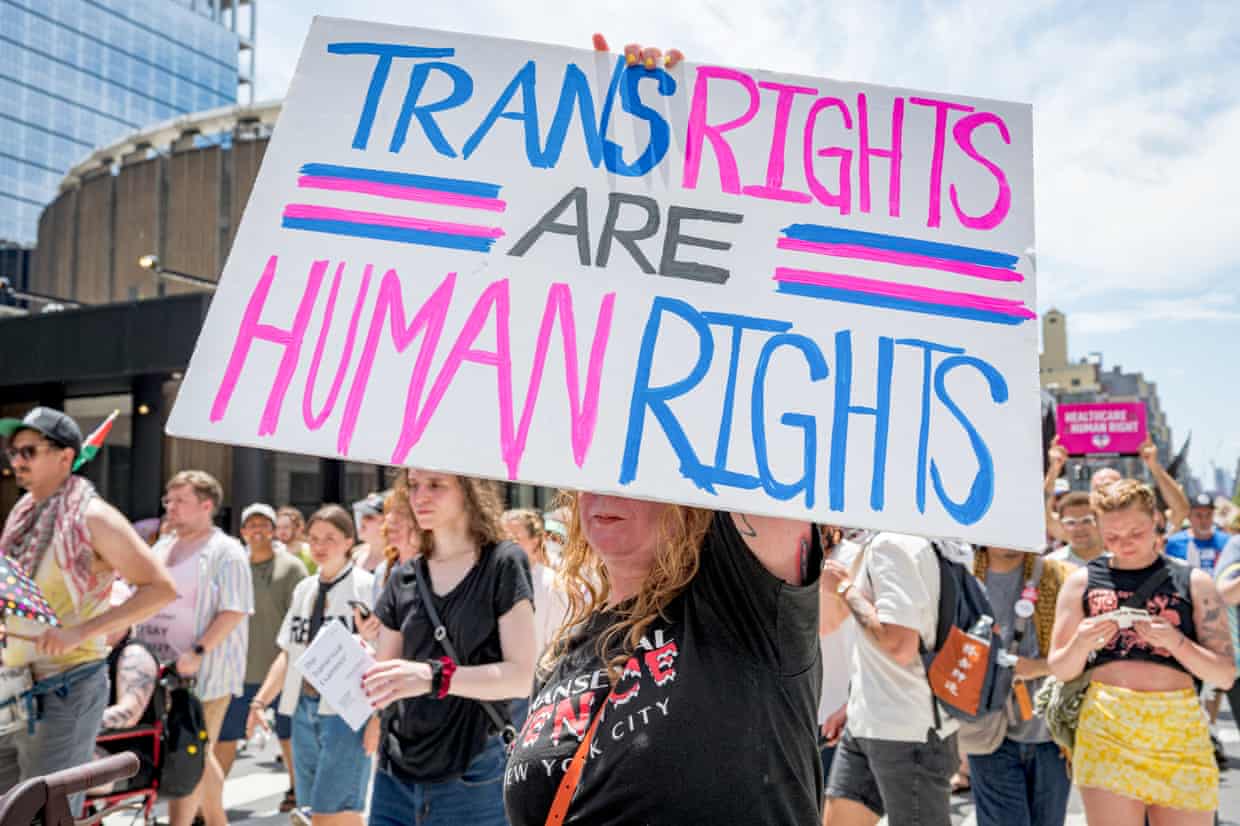Sixteen states have initiated legal action against the Trump administration to safeguard healthcare access for transgender youth. This lawsuit, led by the Democratic attorneys general of states including California, New York, Massachusetts, Illinois, and Connecticut, was announced on July 7, 2023, in response to a significant decline in available medical treatments for transgender minors across the United States.
The lawsuit specifically targets an executive order signed by President Donald Trump in January, which categorized puberty blockers and hormone therapy as “chemical and surgical mutilation.” This order also threatened to withhold federal funds from hospitals providing these essential treatments and suggested investigations into healthcare providers by the U.S. Department of Justice. Such gender-affirming treatments, while utilized by a small percentage of youth, have long been accepted as the standard of care by major medical associations in the country.
The response from healthcare institutions has been swift and concerning. Under pressure from potential loss of federal funding and fears of criminal liability, many hospitals have begun to retract gender-affirming care services. Notably, Children’s Hospital Los Angeles, one of the leading facilities for transgender youth care, closed its gender-affirming center after three decades, citing funding threats. Other prominent institutions, including Phoenix Children’s Hospital, Stanford Medicine, and hospitals in Washington D.C., have also limited or ceased such care.
The Department of Justice added to the tension in July by issuing subpoenas to over 20 doctors and clinics that offer gender-affirming treatments, raising concerns among healthcare providers about the privacy of patient records. The lawsuit also challenges a memo from Brett Shumate, Assistant U.S. Attorney General, which called for prioritizing investigations of those involved in providing these medical services.
Despite these challenges, many states, including California, have laws protecting access to gender-affirming care. The attorneys general contend that Trump’s executive actions exceed federal authority and infringe upon state rights. Rob Bonta, California’s Attorney General, criticized the administration’s classification of minors, arguing it could hinder access to care for 18-year-olds and violate state laws.
Bonta’s office emphasized the detrimental effects of denying such care, noting that it has been shown to worsen mental health outcomes, leading to increased rates of depression, anxiety, and suicidal thoughts among transgender youth.
Joining in this legal battle alongside California are the attorneys general from Delaware, Hawaii, Maine, Maryland, Michigan, Nevada, New Jersey, New Mexico, Rhode Island, and Wisconsin, along with the District of Columbia and the Governor of Pennsylvania.
The lawsuit follows a recent ruling by the U.S. Supreme Court that upheld a ban on transgender youth healthcare in Tennessee. This ruling has intensified the urgency of the states’ legal response, as advocates for transgender rights express fears that the current administration’s policies could lead to further erosion of healthcare access.
In a poignant statement, Eli, a 16-year-old transgender boy who lost his healthcare access in Los Angeles, remarked, “Hormone therapy truly saves lives. I wish people understood they’re doing so much more harm than they could possibly imagine – that so many lives will be hurt and lost, and so many people torn apart.”
As this legal battle unfolds, the implications for healthcare access among transgender youth in the United States continue to grow, raising critical questions about the intersection of state rights, federal authority, and individual health needs.





























































